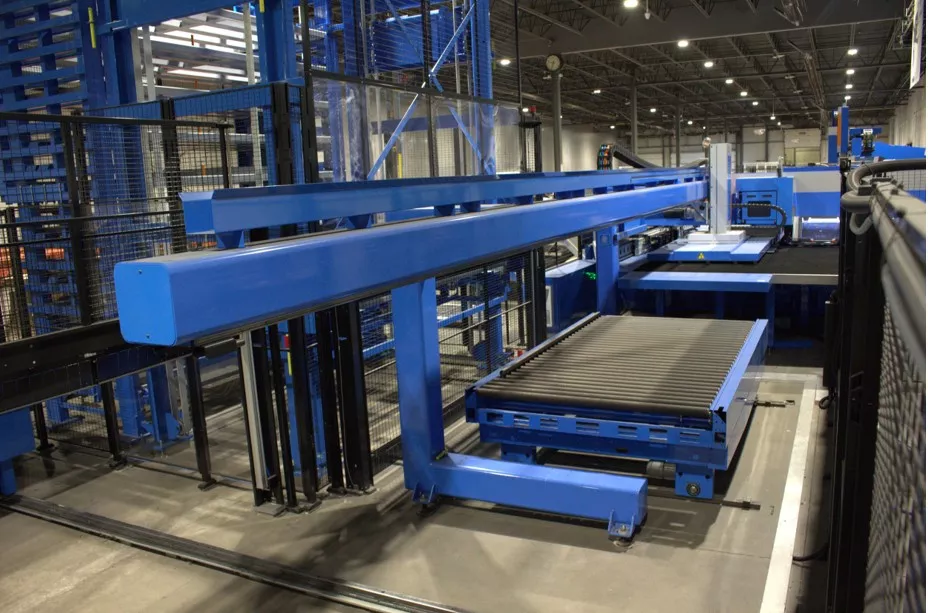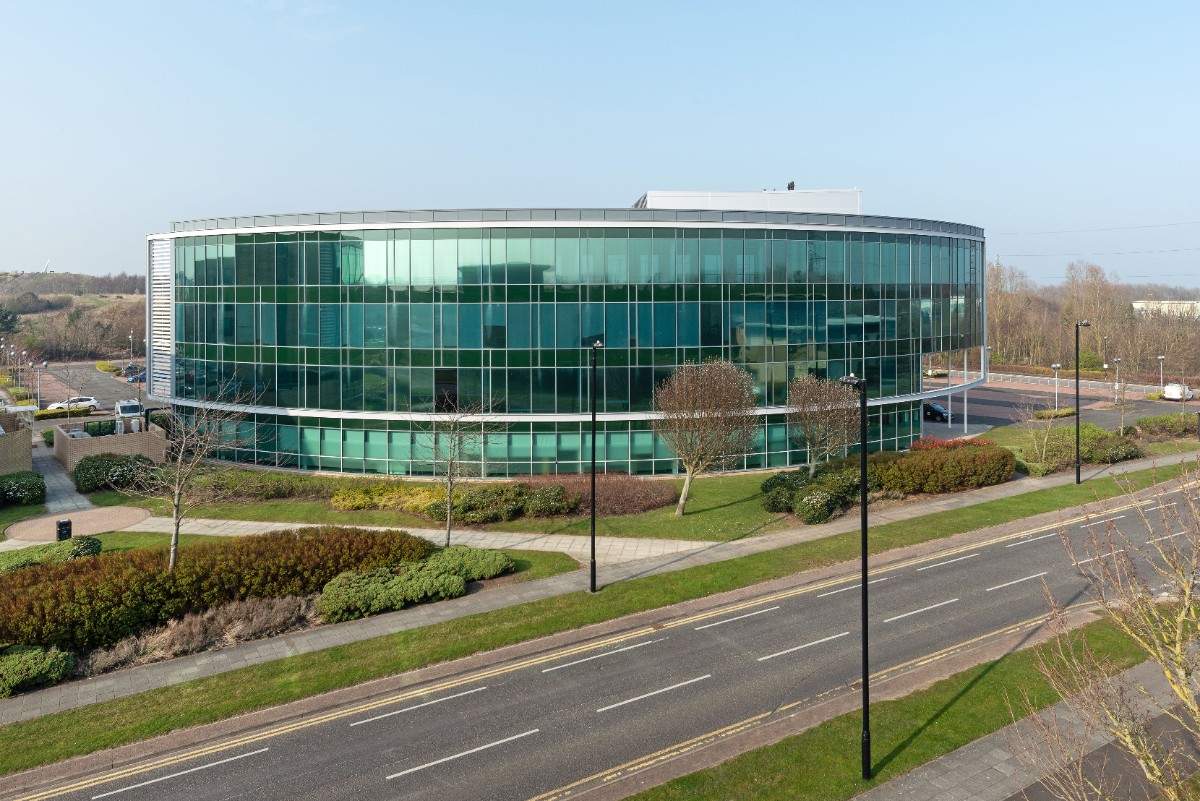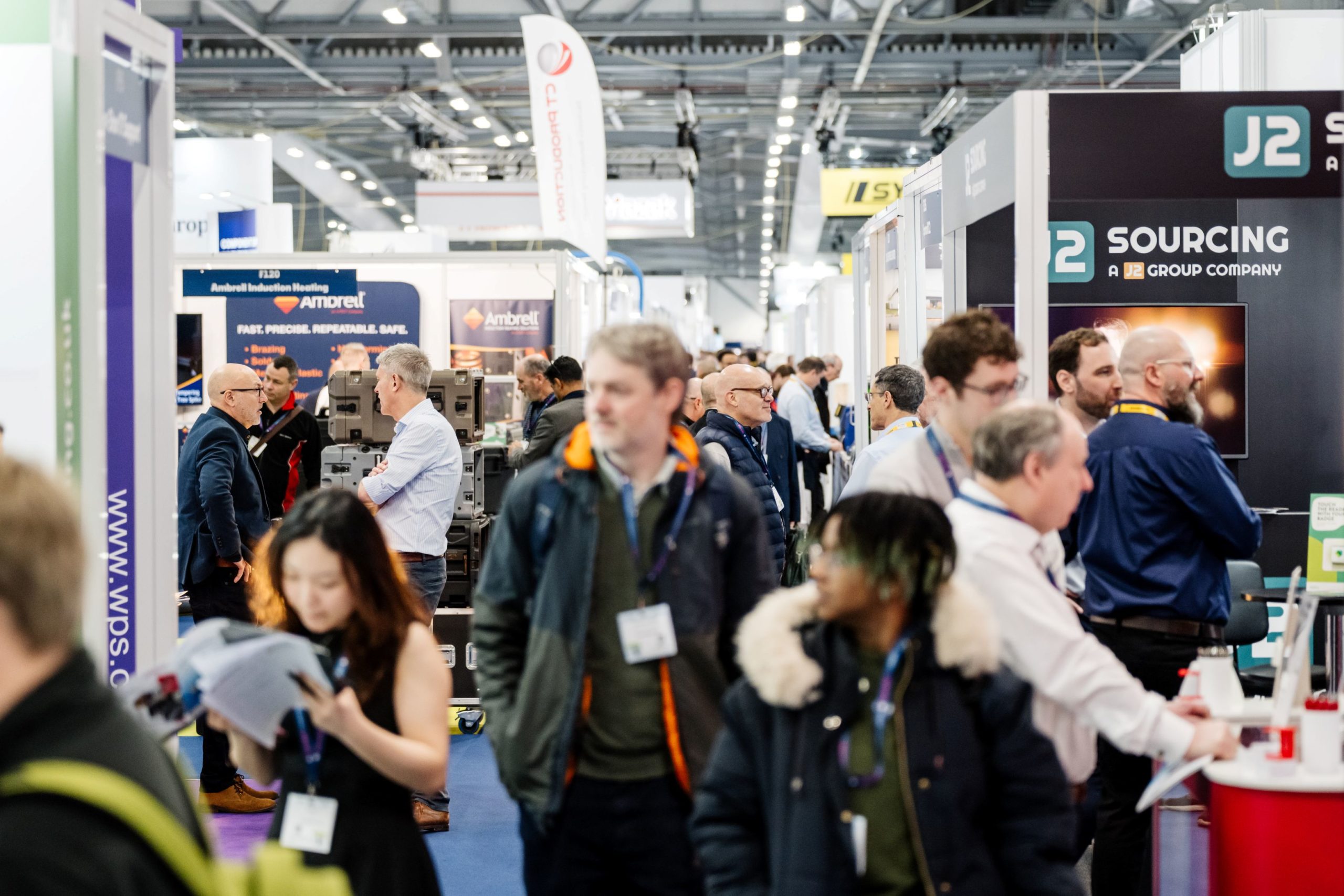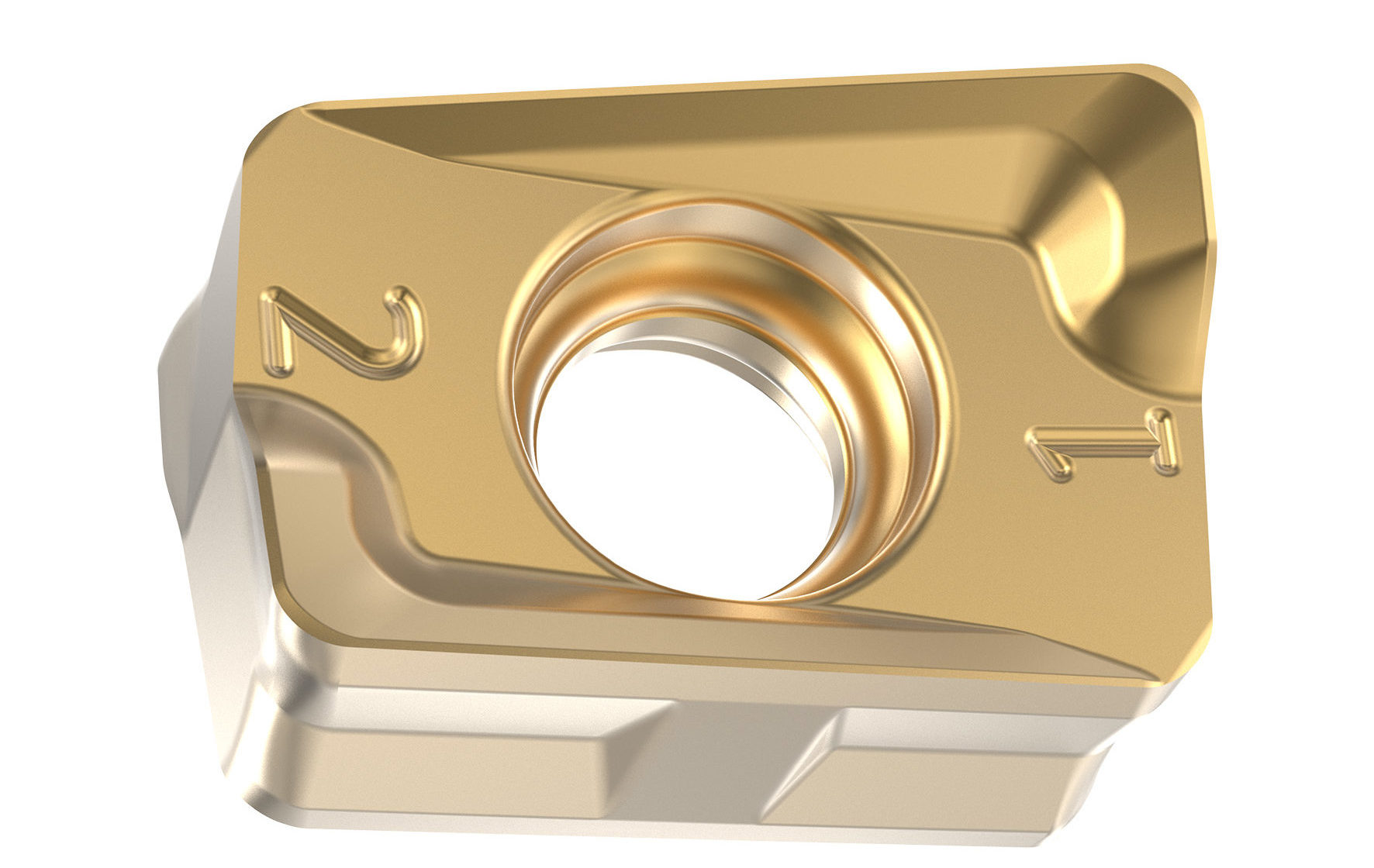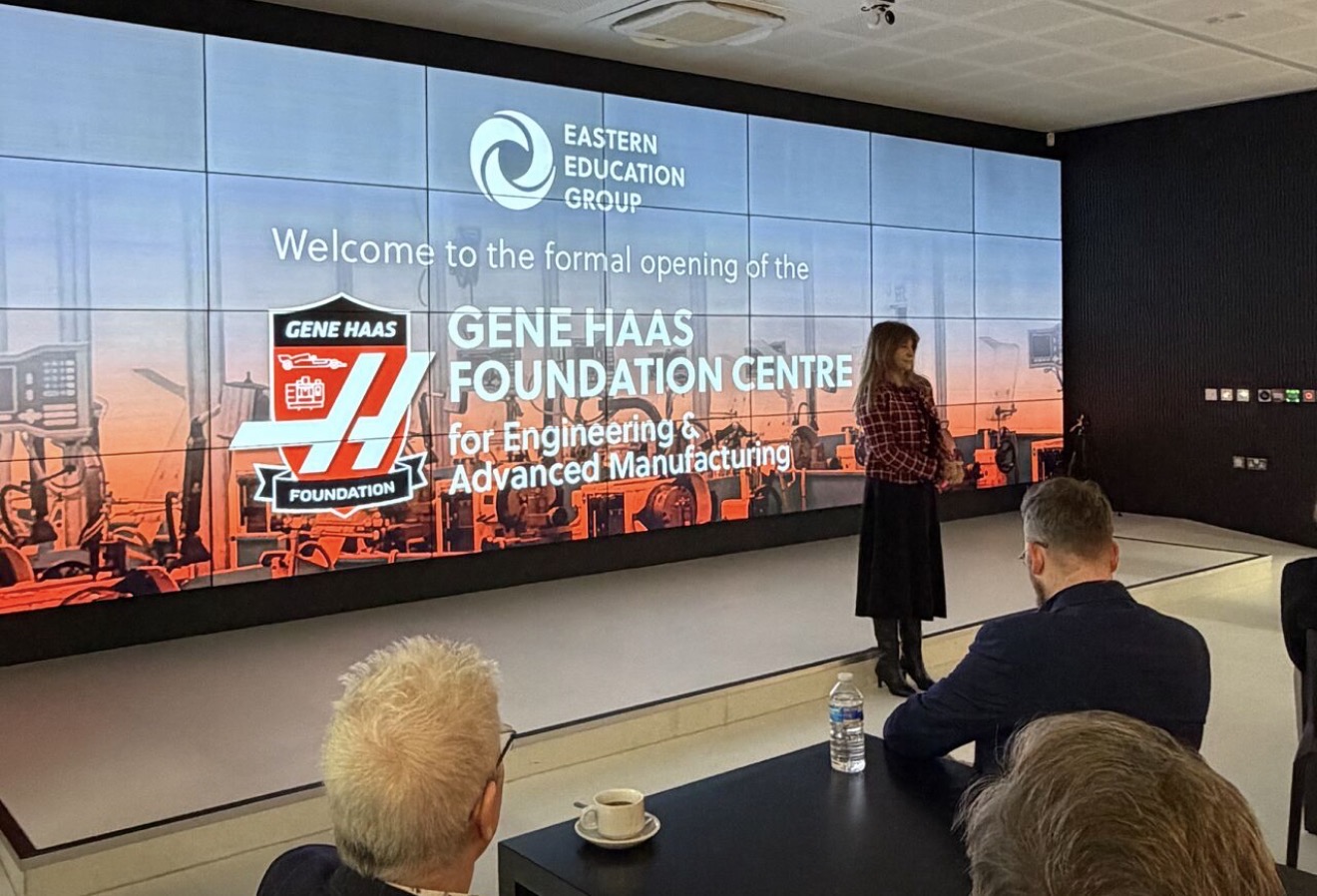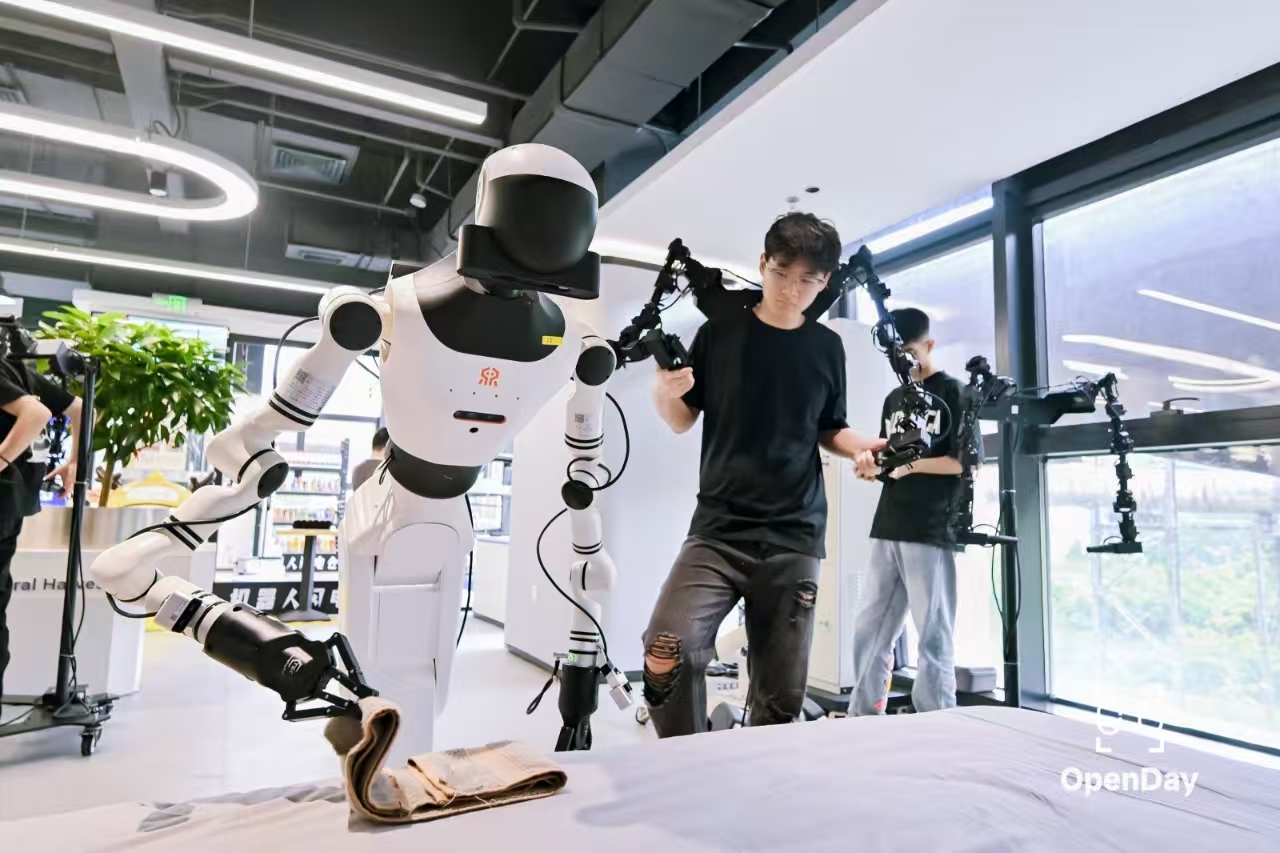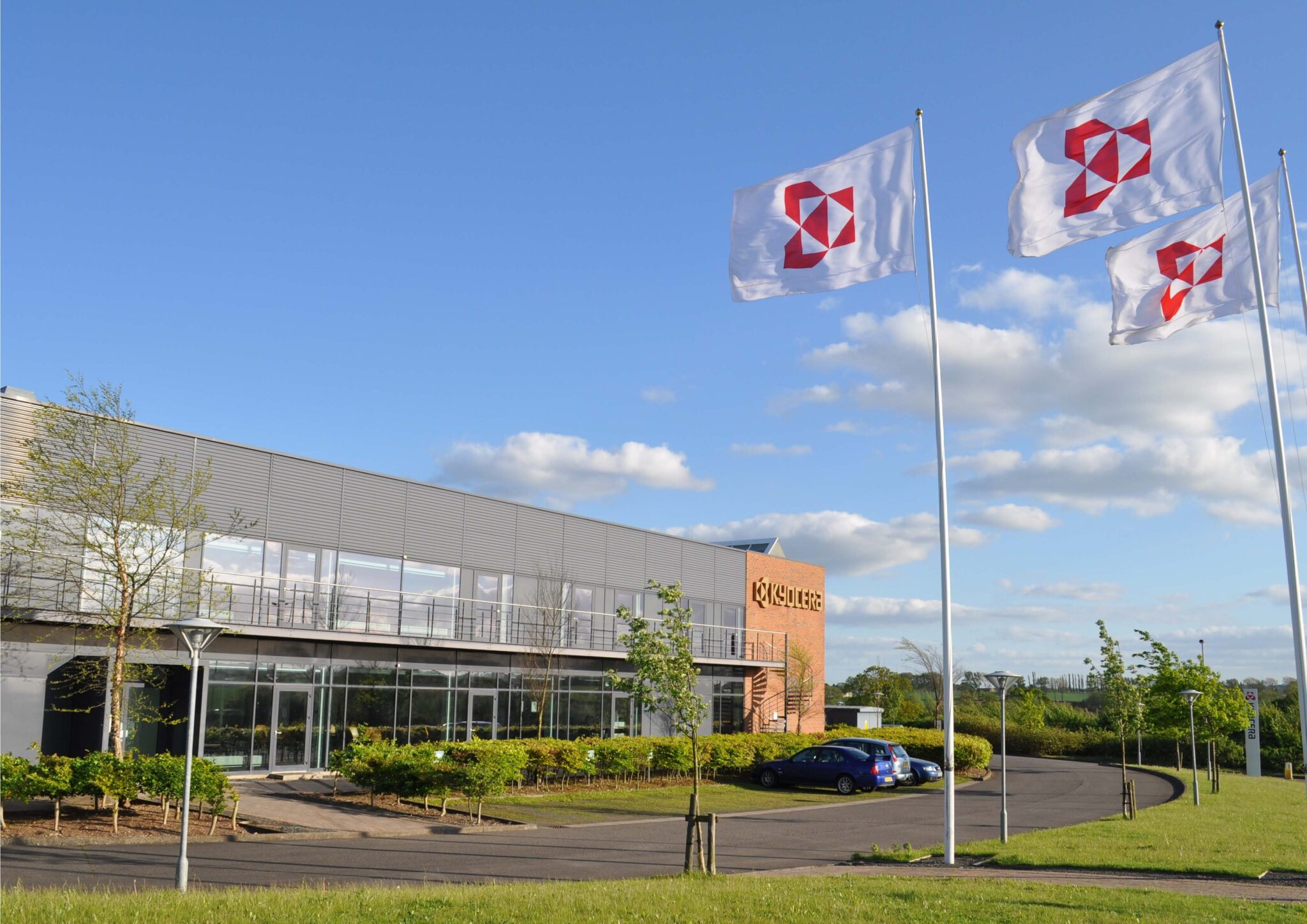Let’s Talk EDM : Sparks will fly
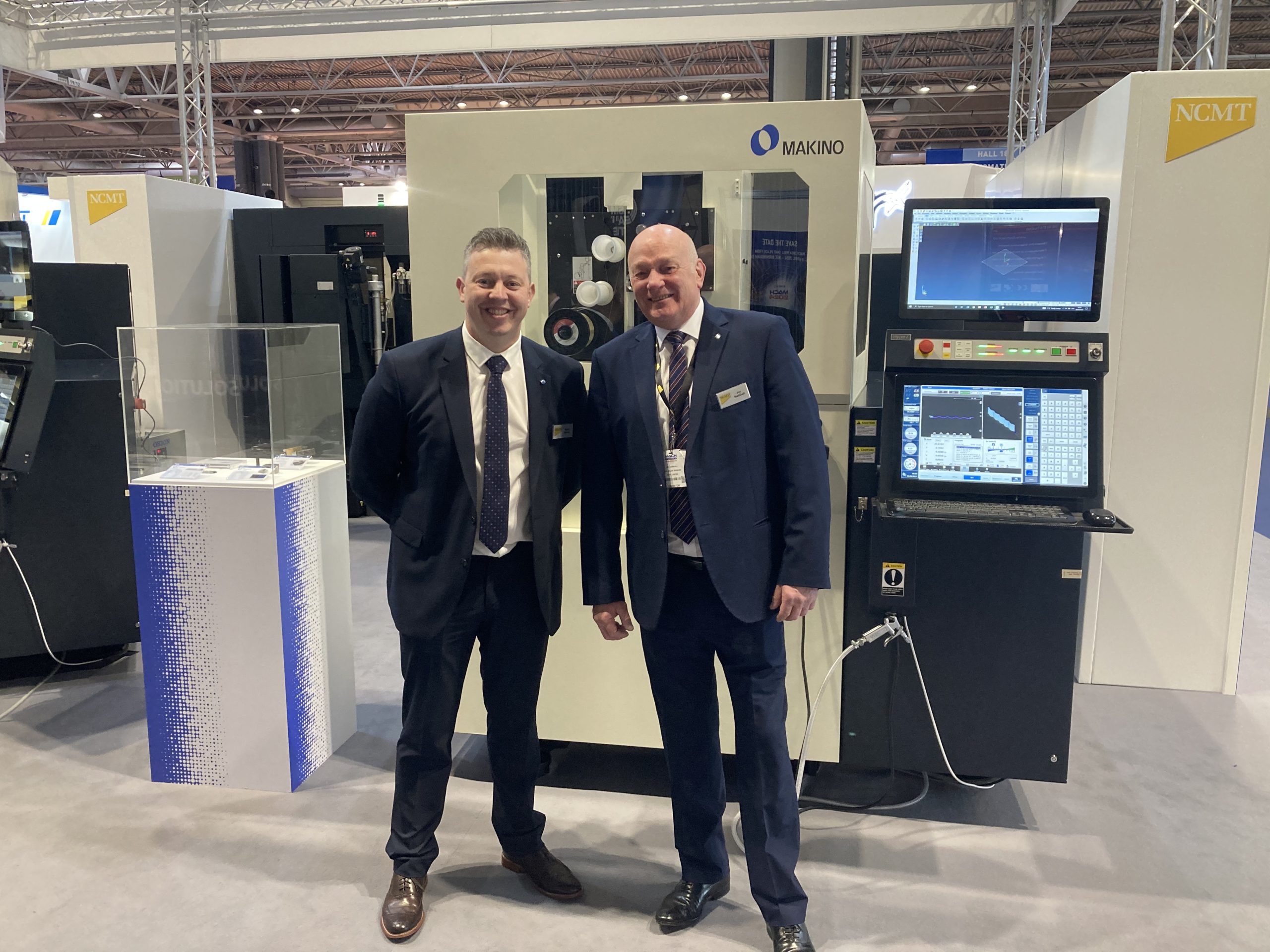
Contributing Editor Steed Webzell engages in conversation with a trio of EDM experts at NCMT, the UK representative for Makino wire, die-sink and fasthole-drill EDM machines
Makino EDM machines have been around since the early 1970s, appearing for the first time in the UK during the mid-1980s.
“Originally, Makino EDM machines were extremely high end and, in our opinion, cost-prohibitive for the UK market,” explains Andrew Garratt, General Manager for Makino at sole UK agent NCMT, a company that has been offering Makino milling machines since 1964. “We pretty much put the EDM range on hold until around six years ago, when Makino launched a new series at a much more attractive price point. We gave these machines a big push at MACH 2016 and sales have been progressing well year-on-year ever since.”
Growth drivers
A number of sectors are driving this growth, notably aerospace, medical and, to a lesser degree, automotive. Companies undertaking additive manufacturing are also calling for EDM technology to remove 3D-printed parts from base plates. Among the reasons why Makino is performing strongly in these segments is innovative technologies such as the 0.4mm diameter wire option available on the U6 H.E.A.T. Extreme model.
“0.25mm wire is generally the standard for most wire EDM applications, but with Makino, we can utilise 0.4mm wire meaning we can cut 2-3 times faster,” explains Scott Horton – EDM Sales Manager UK North at NCMT. “A power booster on the machine enables us to increase the amperage used during the EDM process, allowing an increased cutting speed. Of course, the flip-side is a greater need to cool the wire effectively. Here, the Makino H.E.A.T. (High Energy Applied Technology) system includes two high-power flushing pumps that cool the wire rapidly to facilitate fast cutting speeds. This technology is now standard on many machines, and the majority of machines going into the UK market are now H.E.A.T., across a wide range of industries.”
Die and mould applications are another primary driver of demand for Makino EDM machines, both wire and spark-erosion models, thanks largely to the speed and precision that these machines offer as standard.
“In recent tests performed for a couple of die and mould companies, we’ve been cutting parts in 40% of the time taken by competitor machines, while maintaining the required precision,” states Jon Marshall – EDM Sales Manager UK South at NCMT. “Until now, Makino has been the best-kept secret in the UK as far as EDM is concerned, but word is getting out. We gained a good share of the market in 2022.”
Makino ensures the entire range of machinery is of high quality. The range, built in Japan and Singapore, comprises high-performance, precision models for companies that want an advanced machine to produce parts quickly and precisely every time.
“Historically, EDM has been very tribal, but that is changing now,” reveals Mr Marshall. “Makino’s quality of cut stands out in the market, backed up by NCMT’s service and support.”
Black art machining
It is widely acknowledged that EDM remains something of a black art, where it is necessary to have at least some comprehension of how a machine generates the spark. However, even here, Makino advances are reducing the need for experience and skill.
“Most machines on the market will make corrections for spark inefficiency, but the beauty of the Makino Hyper i control is that it will also correct the spark geometry to deliver a positive effect on the part,” says Mr Marshall. Mr Horton adds: “This E-Tech Doctor feature means that if your part is incorrect in any way, you can tell the machine about the discrepancy and the machine will provide a correction. Specific parameter knowledge is not required.”
Automate to accumulate
Of course, another way to combat the skills issue is through automation. NCMT is seeing demand for more and more automated projects, particularly on die-sink and fasthole-drill machines.
“With a die-sink machine for mould tool production, for example, automation provides the ability to load pallets of components and racks of electrodes, which can really elevate uptime,” explains Mr Marshall. “The average uptime on a die-sink EDM without automation is only in the region of 40-50%, but I’ve seen this climb as high as 97% with automation, almost doubling throughput. After formulating and proving the process, it’s a case of press go, walk away and come back in one, two or three days, for example. It’s true lights-out machining around the clock, providing the optimal way to maximise the use of your machine. And it’s not just stand-alone robots, we also offer linear cells; say a 20m linear cell serving eight EDM machines all linked to a CMM for checking both electrodes and finished parts.”
Mr Garratt adds: “As a point of note, we’re not in partnership with any specific automation vendors, which is why we can recommend the optimal solution for each application. The same goes for the tooling, electrodes, wire and so on.”
Sales success
A strong technology offer backed by customer-centric sales strategies has led to recent success with high-profile manufacturers.
“We have customers that are very much pro-Makino now; they won’t even look elsewhere,” says Mr Horton. “The UK EDM market is growing rapidly, considering we’ve been in a pandemic for the past couple of years. We at NCMT are pushing hard to gain a sizeable market-share. We’ve done a lot of work behind the scenes to promote the Makino brand. Over the next 2-3 years we expect to cement our position as a strong market player.”
Mr Marshall adds: “Word is getting out because users of Makino EDM machines are seeing a sustainable improvement in their production and a good return on their investment.”
NCMT has a strong line-up of Makino EDM machines at its Coventry showroom, across wire, die-sink and fasthole-drill technologies. The company has also made the decision to keep numerous machines in stock, minimising lead times for customers. As a final point, for any company assuming that a Makino EDM machine is beyond their means, NCMT has the solution.
“We’re doing a lot of work on finance options,” says Mr Horton. “Subject to approval and underwriting, we can usually put finance mechanisms in place that make the investment very attractive. Customers can often have a Makino EDM machine producing parts before they begin payments.”

